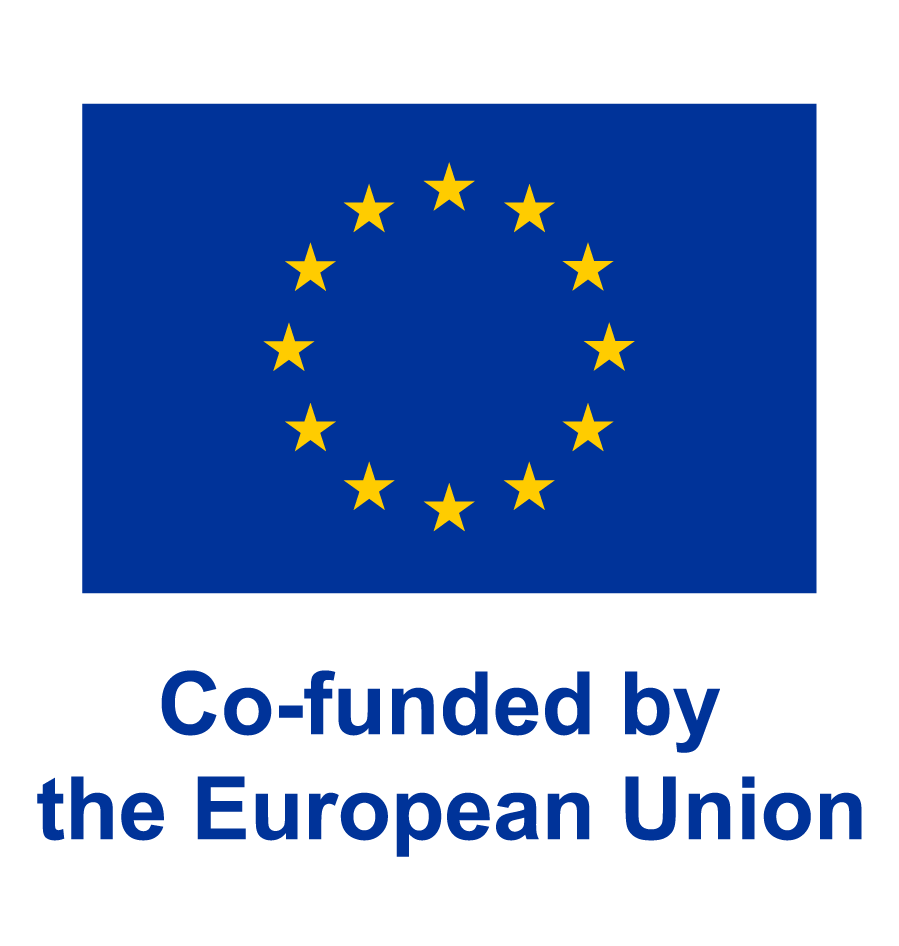Welcome to eMAMA, an innovative initiative that enhances maternal mental health education and care in Sub-Saharan Africa. Our project, “Developing Post Graduate Training Programme for Maternal Mental Health,” aims to address the critical need for skilled healthcare professionals in this vital area of public health.
In Sub-Saharan Africa, where socio-economic challenges compound the scarcity of mental health services, the eMAMA project emerges as a beacon of hope. An estimated 10-15% of pregnant women in the region suffer from mental health disorders, primarily depression, which significantly impacts maternal and infant health outcomes.
The eMAMA project is a collaborative endeavor initiated by the Turku University of Applied Sciences and supported by an international consortium of educational and healthcare institutions. Our goal is to develop and implement a comprehensive Post Graduate Training Programme that enriches healthcare professionals’ understanding and management of maternal mental health, ultimately improving the quality of life for mothers and their children across the region.
Through eMAMA, we are committed to fostering sustainable healthcare improvements by equipping healthcare professionals with the knowledge, skills, and tools necessary to address the complexities of maternal mental health. Join us in our journey to transform maternal mental health care in Sub-Saharan Africa, creating a future where every mother has access to the support and care she deserves.
Addressing a Silent Crisis
In the heart of Sub-Saharan Africa, a silent crisis affects millions of women every year: maternal mental health disorders. Despite being a critical health concern, it remains largely unaddressed due to the region’s limited healthcare infrastructure and resources. The eMAMA project was conceived against this backdrop, with a mission to bring maternal mental health to the forefront of healthcare priorities.
The Stark Reality
Research reveals that approximately 15-20% of pregnant women and new mothers in Sub-Saharan Africa experience mental health conditions such as depression and anxiety. These conditions not only affect women’s health but also have far-reaching impacts on families and communities. However, less than 1% of the health budget in many African countries is allocated to mental health, leading to inadequate care and support for those in need.
The Vision of eMAMA
The eMAMA project envisions a future where every woman in Sub-Saharan Africa has access to comprehensive and compassionate mental health care during pregnancy and postpartum periods. By developing a specialized Post Graduate Training Programme for healthcare professionals, eMAMA aims to build a robust network of skilled practitioners equipped to tackle maternal mental health challenges effectively.
Bridging the Gap
Our initiative is not just about education; it’s about creating a sustainable impact that transcends geographical and economic barriers. Through eMAMA, we strive to bridge the gap between the critical need for mental health services and the current healthcare offerings, ensuring that women receive the care and support they deserve during one of the most vulnerable times of their lives.

Objectives and Goals
Explore Maternal Mental Health Competencies
Analyze current practices and competencies in maternal mental health across Sub-Saharan Africa to establish a baseline understanding.
Develop a Postgraduate Training Program
Create a comprehensive 30 ECTS curriculum focused on enhancing maternal mental health knowledge and skills among healthcare professionals.
Implement eMAMA Mobile Application
Design and launch a mobile application to support learning and provide accessible resources for maternal mental health care.
Enhance Visibility and Impact
Promote the eMAMA project to ensure widespread recognition and adoption, aiming to influence policy and improve maternal mental health practices.
Methodology and Approach
Action Research-Based Methodology
The eMAMA project employs an action research approach, allowing for continuous evaluation and adaptation. This iterative process involves planning, acting, observing, and reflecting, ensuring that the project remains responsive to the needs of healthcare professionals and the communities they serve.
Collaborative Design
Development of the training program and mobile application is a collaborative effort, involving input from academic experts, healthcare practitioners, and target community members to ensure relevance and efficacy.
Educational Framework
The training program is structured around modern pedagogical principles, incorporating problem-based learning, digital tools, and simulation exercises to enhance the learning experience.
Sustainability and Scalability
A key focus is on creating sustainable outcomes that can be scaled across the region, with the potential for adaptation to other contexts and health priorities.
Impact and Relevance of the eMAMA Project
Projected Impact:
- Trained Healthcare Professionals: We aim to train over 300 healthcare professionals in maternal mental health, equipping them with the knowledge and skills to provide specialized care and support.
- Enhanced Maternal Well-being: By improving mental health care for mothers, we expect to see a reduction in maternal morbidity and mortality rates, leading to healthier families and communities.
- Strengthened Healthcare Systems: The integration of maternal mental health into primary healthcare services will build more robust, responsive, and comprehensive healthcare systems in the region.
Relevance to the Community:
- Addressing a Critical Need: Maternal mental health has long been a neglected area in Sub-Saharan Africa. The eMAMA project directly addresses this gap, bringing much-needed attention and resources to this vital aspect of women’s health.
- Empowering Women and Families: By prioritizing maternal mental health, eMAMA empowers women, giving them access to the care and support they need, which in turn fosters healthier and more resilient families.
- Contributing to Sustainable Development: Improving maternal mental health is key to achieving several Sustainable Development Goals (SDGs), including good health and well-being, gender equality, and reduced inequalities.

